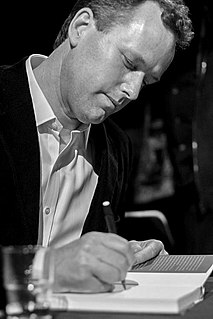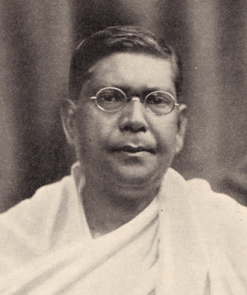A Quote by Gertrude Atherton
... the irony of life is not that you cannot forget but that you can.
Related Quotes
Irony is a disciplinarian feared only by those who do not know it, but cherished by those who do. He who does not understand irony and has no ear for its whispering lacks of what might called the absolute beginning of the personal life. He lacks what at moments is indispensable for the personal life, lacks both the regeneration and rejuvenation, the cleaning baptism of irony that redeems the soul from having its life in finitude though living boldly and energetically in finitude.
We cannot forget that we live and have been living for many years in the midst of an empire. We cannot forget that the different provinces of India are gradually coming closer to one another and a new nationality which comprises not only the different provinces but the whole of India is growing up in our midst and we cannot forget that our interests, even our selfish interests, our hopes, our ambitions are indissolubly connected with the interest of the empire.
And make no mistake: irony tyrannizes us. The reason why our pervasive cultural irony is at once so powerful and so unsatisfying is that an ironist is impossible to pin down. All U.S. irony is based on an implicit "I don’t really mean what I’m saying." So what does irony as a cultural norm mean to say? That it’s impossible to mean what you say? That maybe it’s too bad it’s impossible, but wake up and smell the coffee already? Most likely, I think, today’s irony ends up saying: "How totally banal of you to ask what I really mean.



































